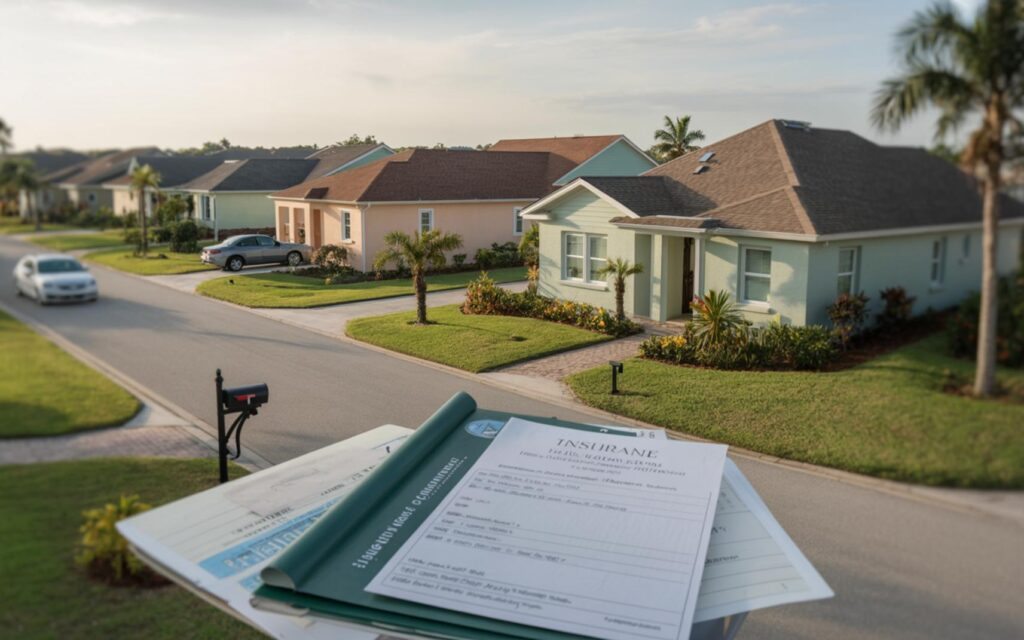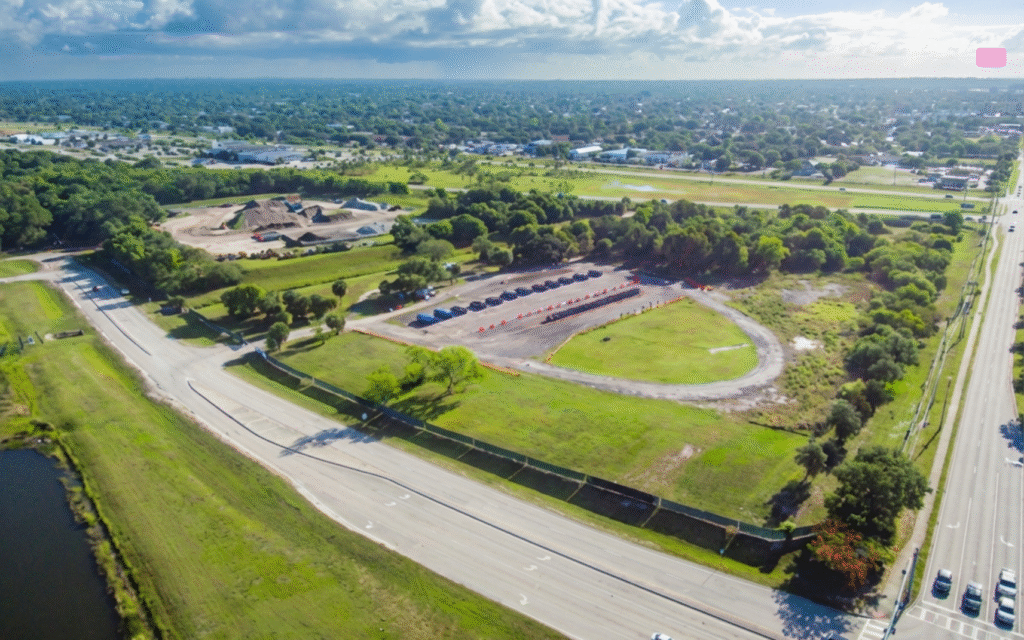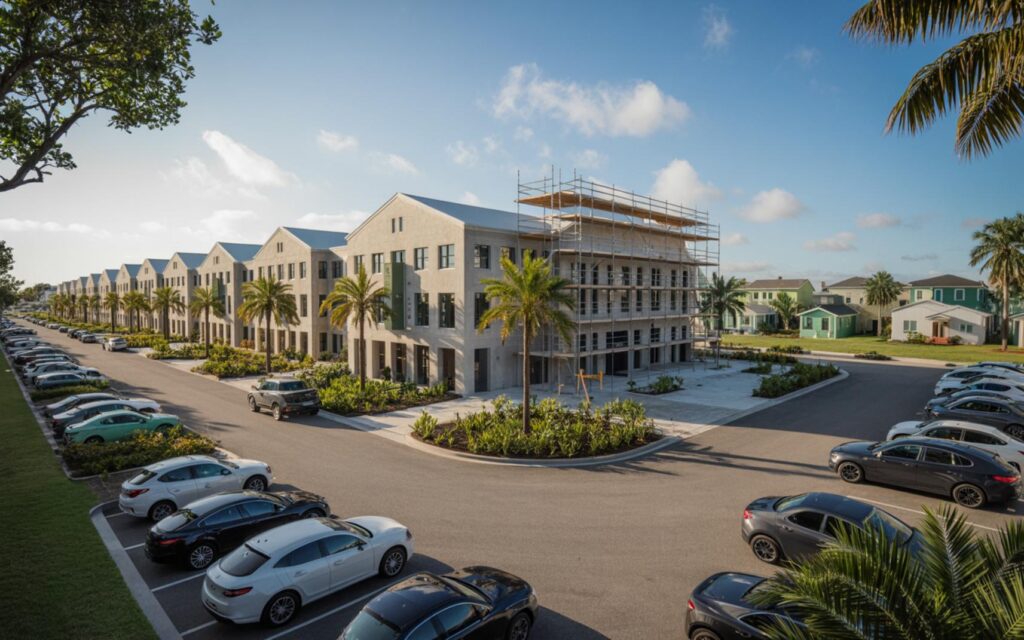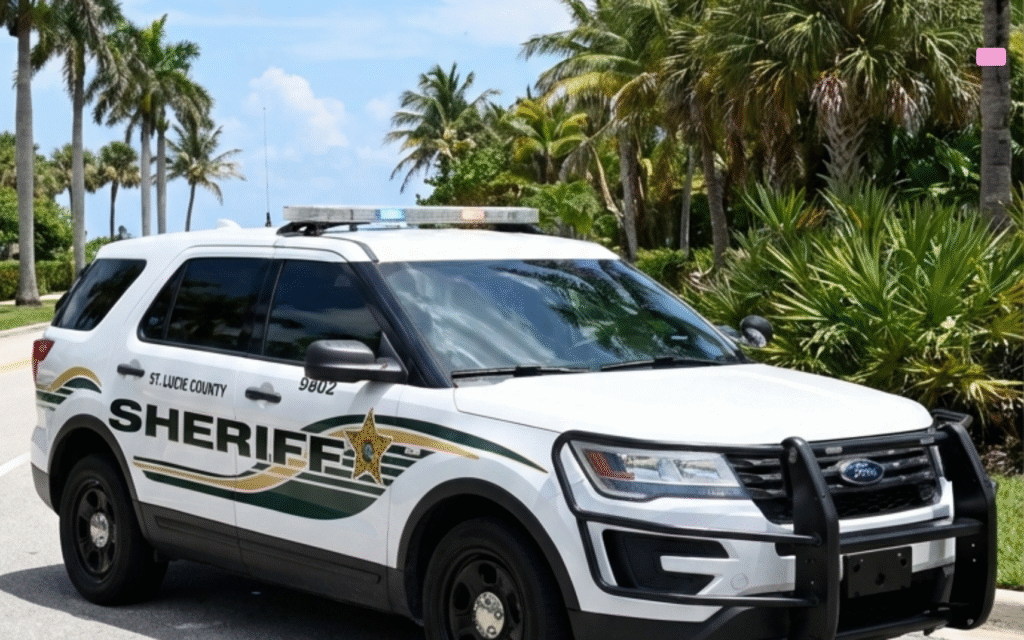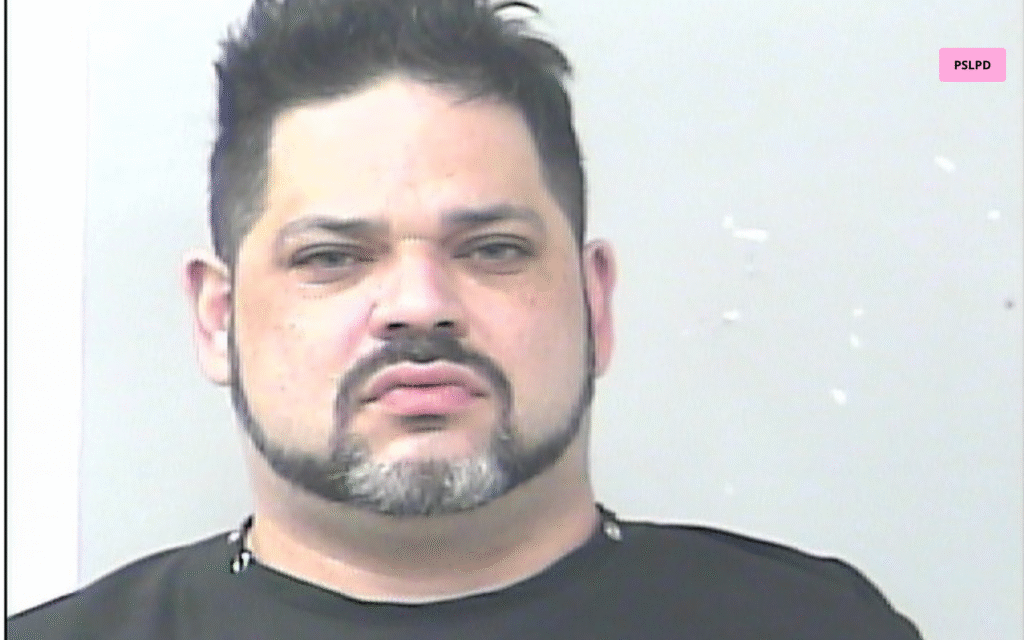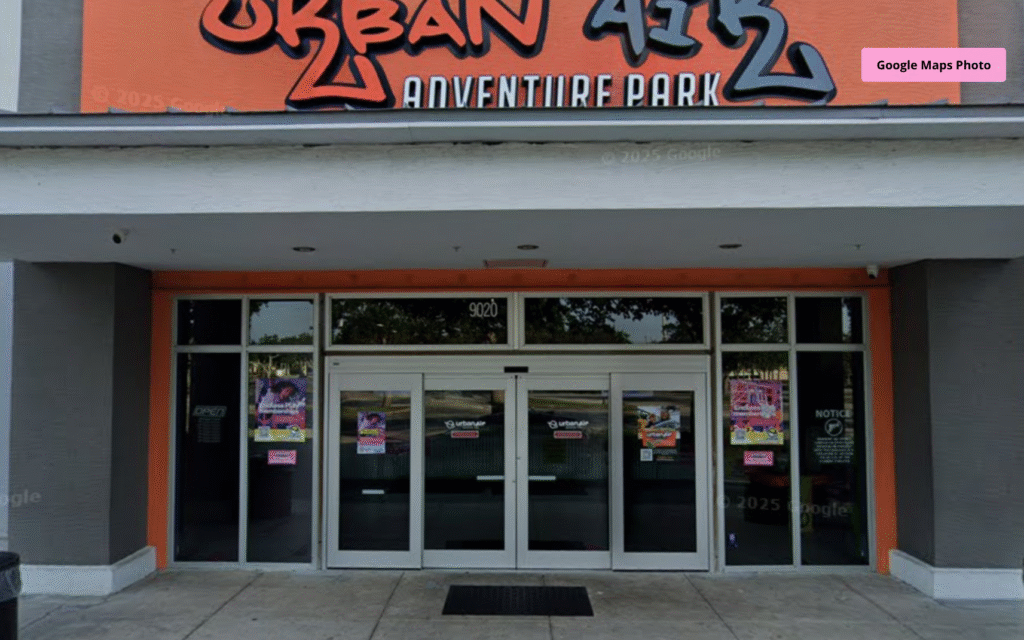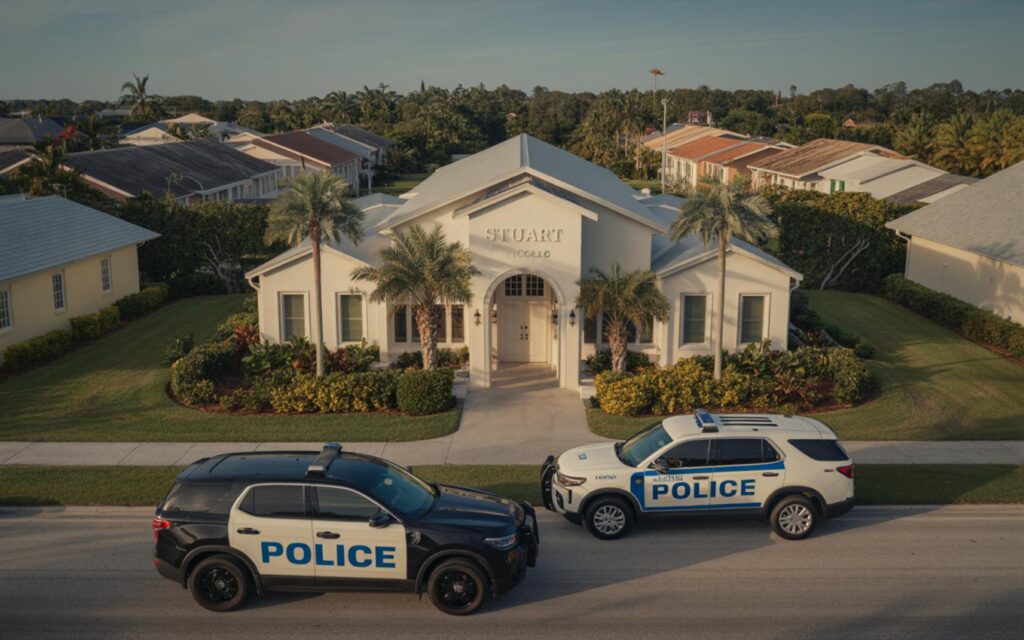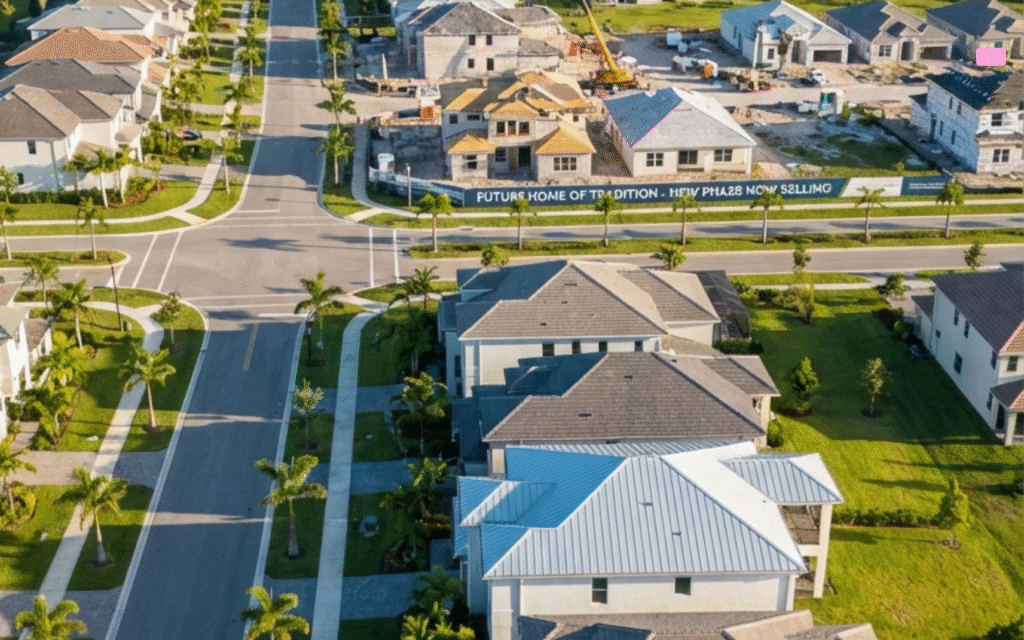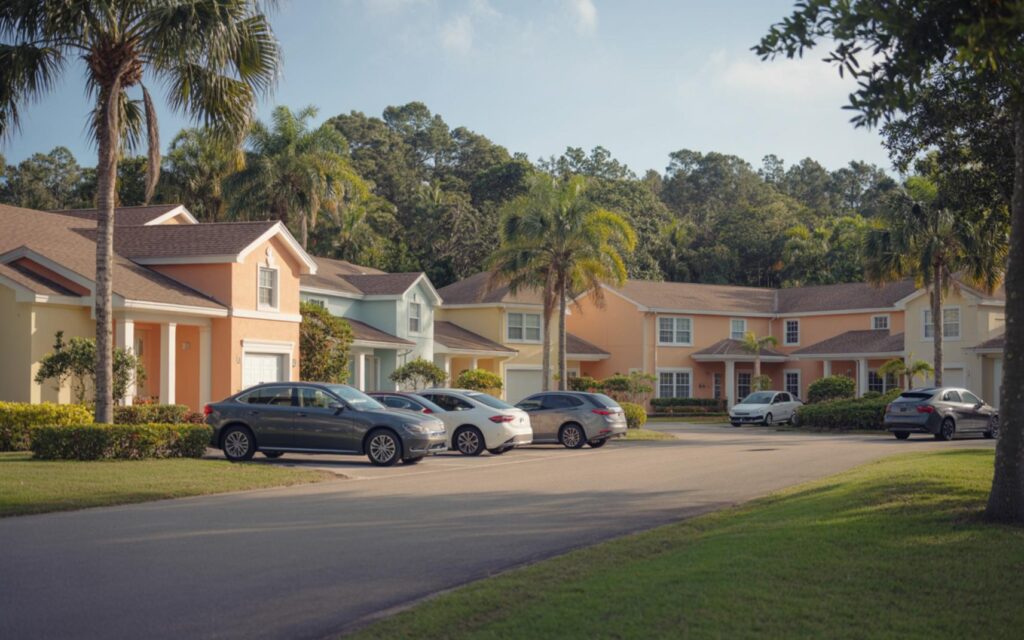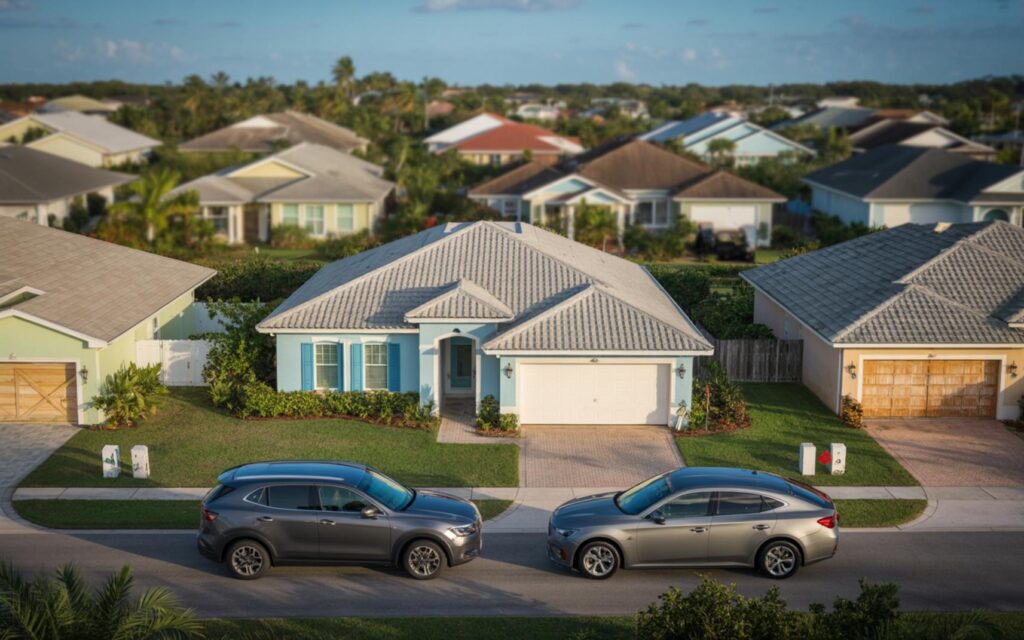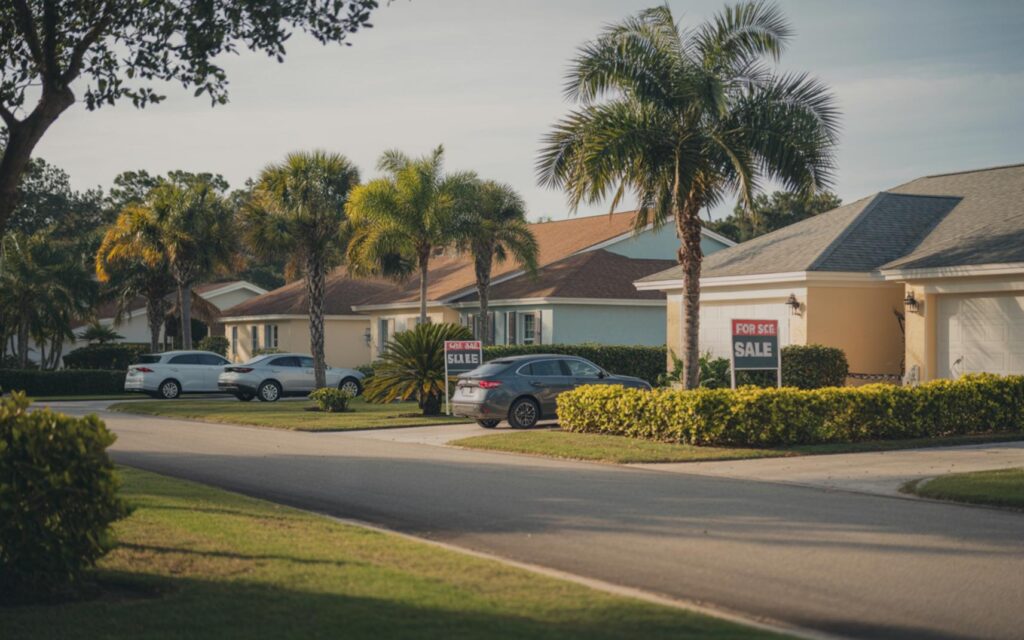Florida homeowners insurance reforms have significantly changed the state’s insurance market since 2022, aiming to address rising premiums, insurer insolvencies, and limited coverage options. These changes have impacted homeowners, insurers, and the broader real estate sector across Florida.
Florida Homeowners Insurance Reforms: Key Legislative Changes
Major reforms in the Florida homeowners insurance market focus on stabilizing the industry and protecting policyholders. Lawmakers have introduced several measures to reduce fraud, limit excessive litigation, and improve insurer solvency.
According to the Florida Office of Insurance Regulation (OIR), the following changes have been implemented:
- Banning assignment of benefits (AOB): This prevents third parties from taking over insurance claims, reducing fraudulent activity and disputes.
- Elimination of one-way attorney fees: Insurers are no longer required to pay plaintiffs’ legal costs in lawsuits, discouraging unnecessary litigation.
- Shortened claim reporting deadlines: Homeowners must now report claims within a specific period, improving claims management and reducing late disputes.
- State-backed reinsurance support: Florida provides additional financial backing for insurers, supporting market stability during hurricane seasons.
Impact on Florida Homeowners Insurance Market
These reforms have led to several positive developments in the Florida homeowners insurance sector. According to OIR data, the rate of premium increases has slowed, and new insurers are entering the market.
Slower Rate Growth and Increased Competition
In 2024 and 2025, some insurers have filed for rate decreases instead of increases. Over a dozen new companies have entered the Florida homeowners insurance market, increasing competition and providing more options for consumers.
Dozens of insurers have also filed for rate reductions or no rate increases, according to OIR filings. The number of policies managed by Citizens Property Insurance Corporation, the state-backed insurer of last resort, is declining as more private insurers offer coverage.
My Safe Florida Home Program Expansion
The My Safe Florida Home program has expanded, offering free wind mitigation inspections and matching grants for home hardening projects. According to the Florida Department of Financial Services, thousands of homeowners have completed projects through this program, leading to average premium reductions for participants.
- Free wind mitigation inspections help homeowners identify ways to strengthen their properties against storms.
- Matching grants provide financial assistance for upgrades, such as impact-resistant windows and reinforced roofs.
- Completed projects have resulted in lower insurance premiums for many homeowners.
Stronger Oversight for Condominiums and Cooperatives
Recent legislation has increased oversight and insurance requirements for condominium and cooperative associations. These changes aim to protect residents and improve financial transparency.
- Mandatory property appraisals ensure accurate coverage levels.
- Enhanced reserve funding standards help associations prepare for future repairs and disasters.
- Greater transparency allows residents to better understand their association’s financial health.
Surplus Lines Insurance: New Access and Disclosure Rules
For surplus lines insurance, which covers properties that standard insurers may not accept, new rules have simplified access. According to the Florida Surplus Lines Service Office, agents no longer need to seek coverage from authorized insurers before turning to surplus lines carriers.
However, agents must now provide clearer disclosures about the regulatory status of surplus lines insurers. This ensures policyholders understand the differences in consumer protections and claim processes.
Ongoing Challenges in Florida Homeowners Insurance
Despite these improvements, the Florida homeowners insurance market remains challenging for some residents. Stricter underwriting standards, higher deductibles, and the lingering effects of past litigation and storm losses continue to affect policy availability and affordability.
According to OIR, the total number of active home insurance policies in Florida has dropped significantly over the past decade. This reflects ongoing volatility and the impact of severe weather events.
Expert Views on Market Stability
Industry experts generally view the reforms as effective in reducing litigation, attracting new insurers, and slowing or reversing premium increases. However, they caution that the market’s stability depends on continued legislative action, responsible claims handling, and the unpredictable impact of future hurricanes.
Florida’s reforms are considered a model for other high-risk regions, but the state’s unique exposure to hurricanes and history of legal challenges require ongoing monitoring and adaptation, according to official sources.
Frequently Asked Questions About Florida Homeowners Insurance Reforms
What are the main changes to Florida homeowners insurance since 2022?
Major changes include banning assignment of benefits, eliminating one-way attorney fees, shortening claim deadlines, and providing state-backed reinsurance. These reforms aim to reduce fraud, limit lawsuits, and improve insurer stability.
How have Florida homeowners insurance reforms affected premiums?
According to the Florida Office of Insurance Regulation, the rate of premium increases has slowed, and some insurers have filed for rate decreases. More companies are offering coverage, giving homeowners additional options.
Are there new options for homeowners struggling to find insurance in Florida?
Yes, over a dozen new insurers have entered the Florida market since the reforms. The My Safe Florida Home program also helps homeowners strengthen their properties and may lower premiums.
Can you use surplus lines insurance for homes in Florida?
Surplus lines insurance is available for homes that standard insurers may not cover. New rules make it easier to access, but agents must clearly explain the differences in consumer protections and claim processes.
Where are Florida homeowners insurance reforms having the biggest impact?
The reforms affect the entire state, especially areas with high hurricane risk. Condominium and cooperative associations also see changes through new oversight and reserve requirements.

